
Summer heat mounts against my skin, and mourning comes in the form of a Facebook message. I’m on the highway, about 65 kilometers into an unseen future, when my phone chimes. The words are cast in playful pinks and unassuming blues: el-bakaa l’Allah, habibti—‘eternity is for God, darling.’ It is a condolence native to the Middle East, dealt to those grieving the loss of someone dear.
I had not lost someone, or rather, I wasn’t yet aware of who I had lost. A phone call revealed the grisly details: a crash on the North Coast highway, talks of late-night speeding and whiskey-wastedness. A friend, along with one other, had lost their lives in a street race. Their car was totaled with nothing of its back seats remaining but skid-burnt fabric and charred metal.
This was the third person I knew, personally, to die on Alexandria’s Sahel (North Coast) road. All the deceased had been my age, in their roaring 20s with big dreams and ephemeral furies, thinking the world could be taken on with a cigarette and a good time. There is no gap in socioeconomic tragedy, no discrimination; there is no difference between the kid selling hash on Sahel’s deserted left, straddling a hand-me-down machana (motorbike), or the affluent who speed their pricey, polished Alfa Romeos.
Roadside collateral knows no nepotism.
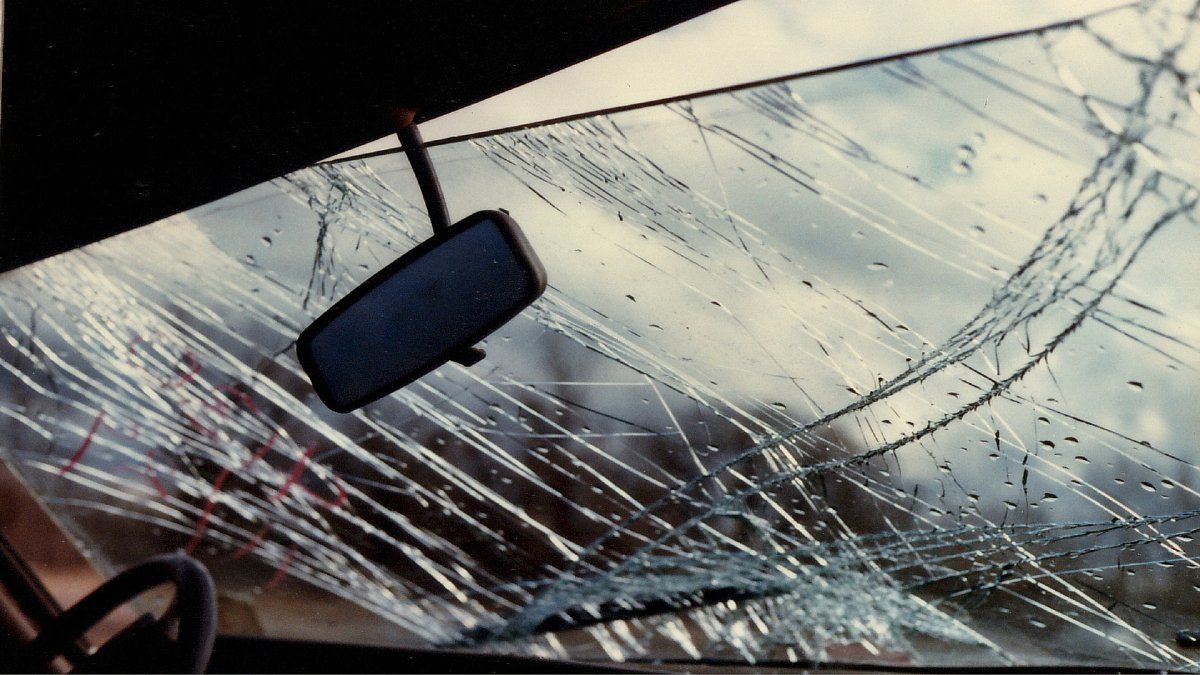
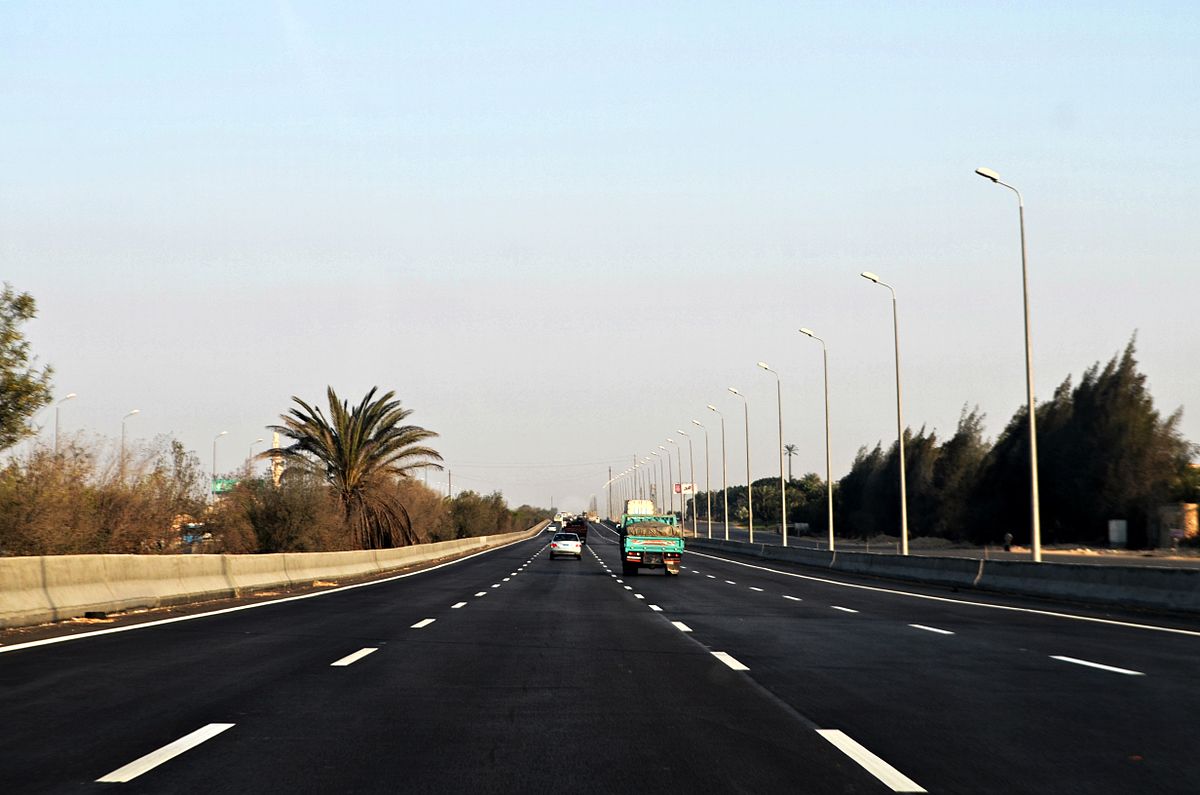
Sahel crashes have become a permanent fixture of Egyptian summers, or at least in the common consciousness. People race their cars, take unmarked turns, drive drunk and high, and violently flare their headlights. Time and time again, horror stories of people killed, hundreds injured are front page news for the grieving mothers on Facebook and journalists of Al Ahram. This isn’t an issue novel to the North Coast, but a nationwide phenomenon exacerbated by the spirited recklessness of summertime drivers.
The World Health Organization (WHO) estimates that 45 out of 100,000 Egyptians die by way of road accidents. Moreover, Egypt is a central contributor to regional fatalities in the Greater Middle East, with a staggering 60 percent alongside Iran.
Though this report was published in 2010, news of crashes feature prolifically, almost weekly, in Egyptian media outlets, and on social media platforms—if they’re reported on at all. In August 2015, the Central Agency for Public Mobilization and Statistics (CAPMAS) stated that there were over 25,000 annual deaths related to car crashes in that year alone.
As it would seem, Egyptian road etiquette is less organic traffic and more tragedy.
No, I could not count the times I was stuck in a sweeping mass of congested traffic only to drive past an upturned car on the Ring Road, in Cairo. It was the one experience shared by almost all Egyptians.
Despite, or rather because of, this distillation into numerics we’re often caught in the catch-22 of forgetting that what is being lost is not just the reputation of a road or the urban safety of a location: it’s human life. Tirelessly, we hear of fatalities littering Egyptian corner streets, highways, ring roads—a call to prayer punctuated by the arrival of a casket.
What remains baffling, however, is that with all the coverage and thorough condolences, very few news outlets have taken to dissecting or studying the subject in any more depth or nuance than a striking headline. Just recently, in April 2022, Al Ahram reported on the death of 10 individuals, with 14 injured in Aswan. While only five of the fatalities were Egyptian, the tragedy in and of itself remains a product of Egypt’s poor traffic systems—be it infrastructure, or individual audacity.
Worse still, is the epidemic true to the North Coast—or rather, is it an epidemic at all, or a casual consensus? There are no reports, no empirical studies: only the long posts on social media and the itinerary of funeral rites that follow each summer. Despite this, it is a latent fact and a spoken truth that accidents on the Sahel road spike independently of the rest of Egypt during the summertime.
The issue is a function of two variables: deplorable driving and cirque-du-freak infrastructure. Though the government has done its fair share of revitalizing Egyptian roads and bridges, some would argue it has been doing a questionable job when it comes to the North Coast in particular. With half-built roads, incomplete u-turns, and fully unregulated stretches, the highway is nothing short of a death trap for the uninitiated.
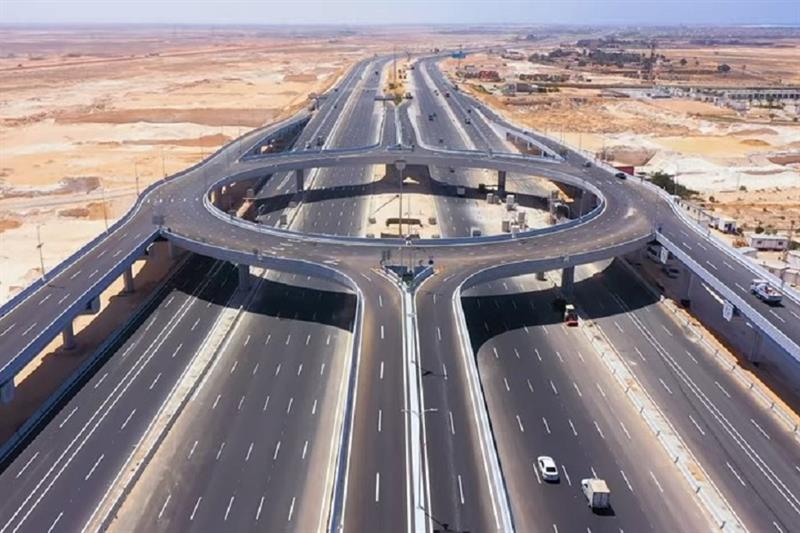
“Deliberate skepticism [is necessary],” as eloquently placed by President Abdel-Fattah el-Sisi in response to the backlash for the incomplete, confused extension of the Sahel highway, but that doesn’t quite cut it when the death toll continues climbing.
While concerts and seaside beers may lead to their fair share of Sahel crashes, a highway that remains unlit to this day plays a substantial role in the death of dozens each year. Speeding, tailgating, and racing have all been cited as causes for summertime crashes—and crashes in general, though seemingly romanticized in Egyptian youth culture. We seem more concerned with the transient glory of drifting cars than we are with the loss of human life.
Still, there is a need to tread carefully; there is a line to be drawn between victim blaming and critical observation. My friends, lost to the moment, were victims of their own vigor, their own self-decided freedoms—but they were victims nonetheless, to a culture that enabled this romanticization of speed, led by some local label of whiskey.
Others, however, do not have that agency; another longtime acquaintance of mine lost his life in broad daylight to a woman who took a makeshift u-turn—road boundaries pushed aside, the sand scattered to make way for cars to cross.
The need for reform on a state level is essential, but there is also a need to reform the ways in which we ourselves partake in driving; a reexamination of licensing, a redevelopment of Sahel’s roads, and a personal obligation to abide by the laws set in place—because they are set in place for a reason.
The opinions and ideas expressed in this article are the author’s and do not necessarily reflect the views of Egyptian Streets’ editorial team. To submit an opinion article, please email [email protected].
Subscribe to the Egyptian Streets’ weekly newsletter! Catch up on the latest news, arts & culture headlines, exclusive features and more stories that matter, delivered straight to your inbox by clicking here.
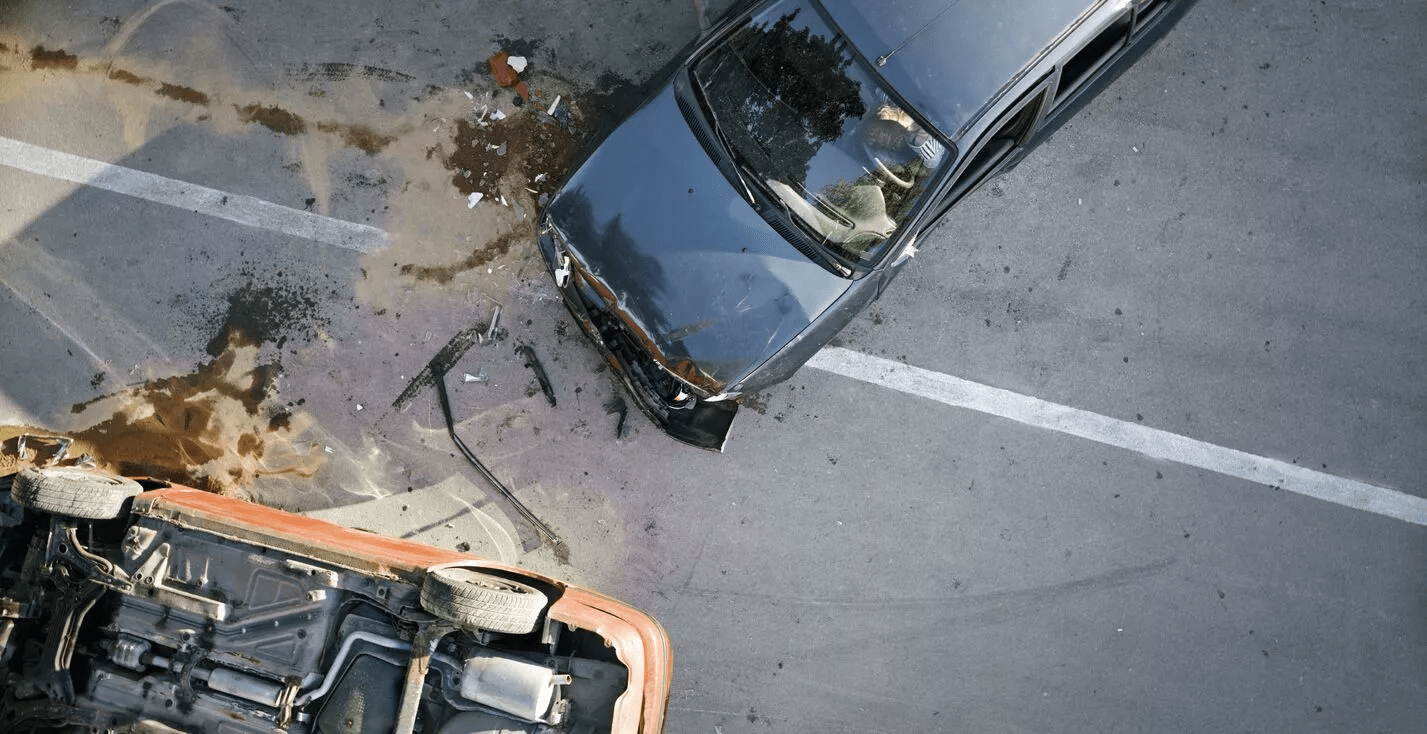



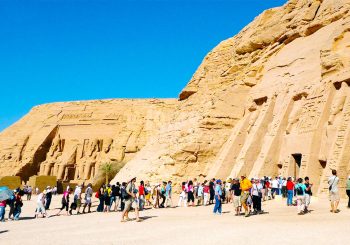


Comment (1)
[…] Supply hyperlink […]